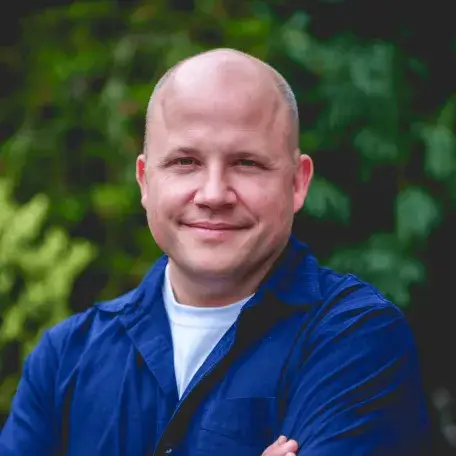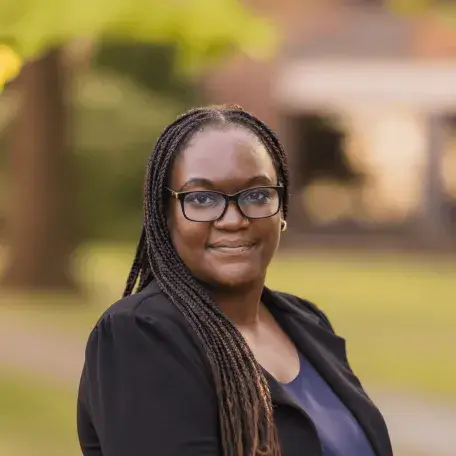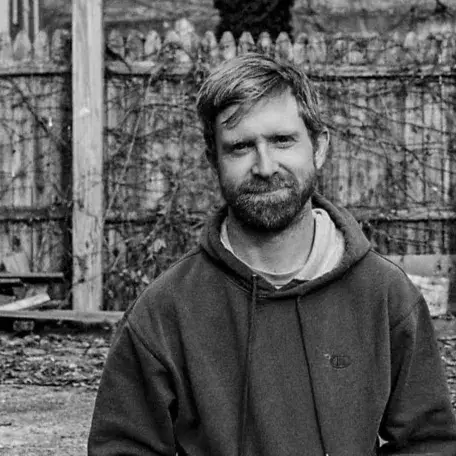Overview
"Transforming public and philanthropic finance will enable agroecology to achieve its unmet potential as a vital approach to confronting our global challenges."
There is a growing consensus that our food systems must undergo a profound transformation to address today’s multiple crises. Simply improving the efficiency of industrial agriculture is not enough. Agroecology offers a transformative paradigm that prioritizes social justice and sustainability, gaining increasing recognition on the global stage. As funders—both large and small—seek impactful ways to allocate resources, the question remains: how can finance support meaningful change?
The current financial architecture for agricultural development was not designed to support agroecology, nor the transitions necessary to make it viable. Research reveals that only a small fraction of funding is directed toward agroecology, while industrial agriculture continues to receive most of the private and public investment. Moreover, little attention has been given to reshaping financial mechanisms to better serve agroecological transitions. This begs the question; “Will the transformation be funded?”
Together with a range of partners and collaborators we are working to shift this landscape. Through research, public engagement, and policy advocacy, we aim to transform financial approaches, programs, and methodologies—ensuring that funding supports community-driven agroecology transitions from the ground up.
Outcomes
Outcomes
Outcomes
Makombore, L. and C. R. Anderson. (2025). Agroecology and Public Development Banks: Transforming Development Finance for Equity and Resilience. UVM Institute for Agroecology. Burlington, Vermont. Download PDF
Bader, C. L., Moeller, N. I., Grard, B., Wezel, A., Féret, S., Andreotti, F., & Vandenbroucke, P. (2025). Philanthropic Funding for Agroecology in Europe–Opening the (black) box of sustainable food system actors. Agroecology and Sustainable Food Systems, 1-30.
Moeller, N.I., Geck, M., Anderson, C., Barahona, C., Broudic, C., Cluset, R., ... & Frison, E. (2023). Measuring agroecology: Introducing a methodological framework and a community of practice approach. Elementa: Science of the Anthropocene, 11(1).
Anderson, C.R. and J. Bruil. 2021. Shifting Funding to Agroecology for People, Climate and Nature. Action Aid. University of Vermont. Cultivate Collective.
Anderson, C.R., Delvaux, F., Ahmed, F., Dauby, V., Moeller, N. 2021. Making Money Move for Agroecology: Transforming Development Aid to Support Agroecology. Centre for Agroecology, Water and Resilience and CIDSE.
Moeller, N.I. and F. Delvaux. (2020) Finance for Agroecology: More Than Just a Dream? Common Dreams.
Moeller, N.I. (2020) Analysis of Funding Flows to Agroecology: the case of European Union monetary flows to the United Nations’ Rome-based agencies and the case of the Green Climate Fund. CIDSE & CAWR.
Pimbert, M.P.; Moeller, N.I. (2018) Absent Agroecology Aid: On UK Agricultural Development Assistance Since 2010.Sustainability, 10, 505.
Projects
Featured Project: The Role of Multilateral Development Banks
Collaborators
UVM Project Research Leads
Research Associate Professor, Agriculture, Landscape, and Environment • Co-Director, Institute for Agroecology • Affiliate, Gund Institute for Environment
Colin.Anderson@uvm.edu

